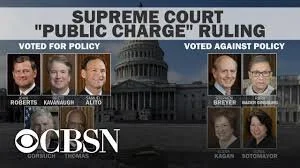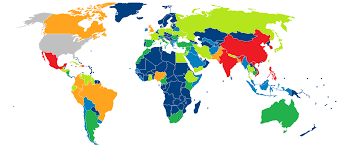L.I.H. Law is quickly adjusting to the new reality.
In response to COVID-19, the safety of our clients and staff are our top priority. L.I.H. Law will conduct all consultations and client meetings via video call (WhatsApp or Google Hangouts) or via telephone. We encourage existing clients to please pay via credit card or mail.
While these are difficult times, we remain strongly committed to serving our clients and the local community. Thank you for your understanding and for trusting us with your immigration needs.
- - - - -
Como respuesta al COVID-19, la seguridad de y nuestros clientes y equipo de trabajo es nuestra mayor prioridad. L.I.H. Law estará llevando a cabo todas las consultas y citas con clientes a través de videoconferencia (WhatsApp o Google Hangouts) o por vía telefónica. Le pedimos de favor a nuestros clientes que hagan sus pagos a través de tarjeta de crédito o por correo.
Mientras que estos tiempos son muy difíciles, nosotros estamos en gran medida comprometidos a servir nuestros clientes y nuestra comunidad local. Muchas gracias por su entendimiento y por confiar en nosotros con sus necesidades de inmigración.
















